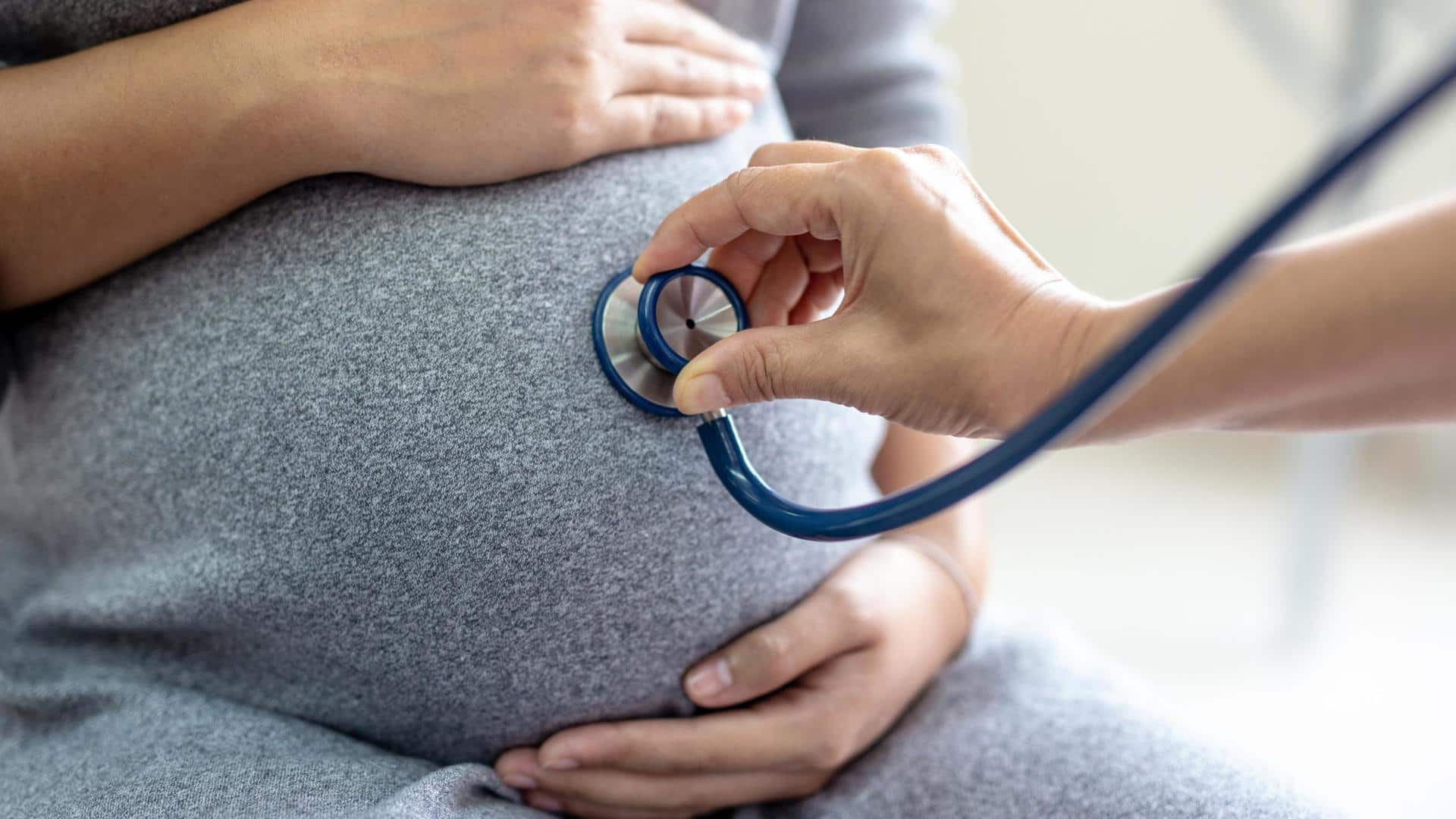
Your one-stop guide for pregnancy appointments
What's the story
Prenatal care checkups play a vital role in ensuring a healthy pregnancy for both the mother and the baby. These regular appointments with healthcare professionals provide essential monitoring, guidance, and support throughout the journey of pregnancy. Here is a breakdown of the pregnancy appointments timeline, highlighting what to expect from each visit and why they are crucial for optimal prenatal care.
First trimester
First trimester appointments
During the first trimester, early prenatal care is essential to establish a strong foundation for a healthy pregnancy. The first prenatal appointment, usually takes place within the first 13 weeks of pregnancy. However, it is more commonly scheduled between six to 10 weeks of pregnancy. The healthcare provider may also perform an ultrasound to confirm the gestational age and detect any early abnormalities.
Second Trimester
Ongoing checkups in the second trimester
Prenatal checkups become more frequent during the second trimester, which is a relatively stable phase of pregnancy. Appointments are usually scheduled every four to six weeks. The healthcare provider will monitor the baby's growth, check the mother's blood pressure, and assess overall health. These visits may include additional tests, such as the anatomy ultrasound to evaluate the fetus's development and detect any potential anomalies.
Third trimester
Third-trimester assessments
In the final trimester, prenatal care appointments become more frequent, usually occurring every two-three weeks. These appointments focus on monitoring the baby's position, monitoring the mother's blood pressure and weight gain, and assessing any signs of complications. The healthcare provider may perform tests to evaluate the mother's glucose levels for gestational diabetes and conduct additional ultrasounds if necessary.
Pre-labor
Pre-labor visits
During the late third trimester, appointments are scheduled weekly as the due date approaches. The healthcare provider will closely monitor the baby's growth, assess the mother's cervix for signs of dilation or effacement, and discuss the progress of labor preparation. These visits provide an opportunity to address any concerns, review birth plans, and discuss pain management options.
Postpartum
Postpartum follow-up
After the baby is born, postpartum care becomes crucial for the mother's recovery and well-being. A follow-up visit is typically scheduled within two-three weeks after delivery, depending on the kind of delivery. The healthcare provider will assess the healing process, address any postpartum concerns, discuss contraception options, and provide guidance on breastfeeding, emotional well-being, and overall postpartum care.